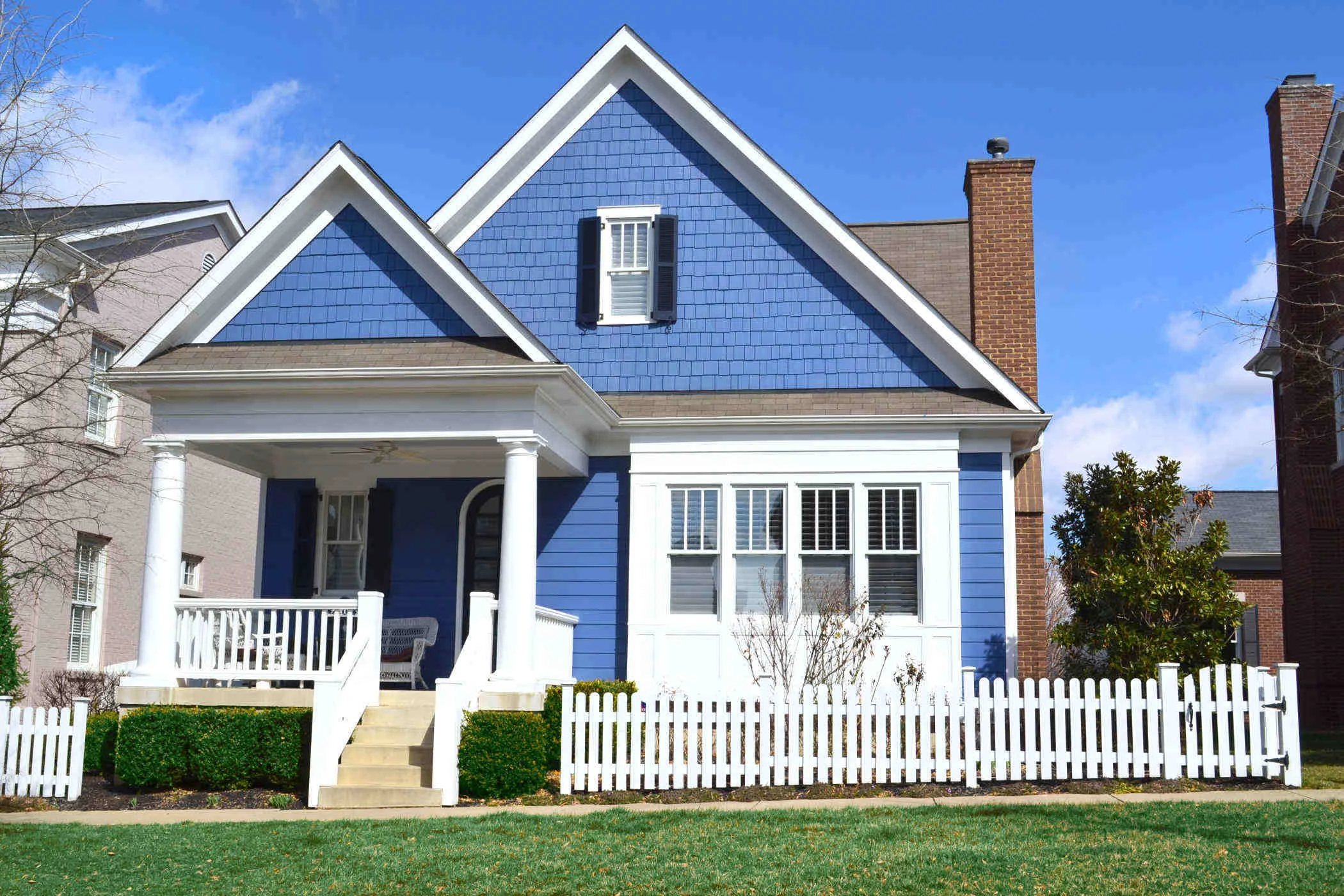What are Graduated Payment Mortgages?
Graduated Payment Mortgage Basics
You want a big house-- and you want it now! But wait-- you don’t have much income (at least at the moment). Do you hang up the towel? No, you keep looking at your options, one of which might be a graduated payment mortgage. Graduated payment mortgages (GPMs) are a type of home loan with payments that start smaller and get larger as time goes on. These kind of mortgages have a fixed interest rate, and the payments often increase between 7-12% each year until a maximum payment amount is reached, which will continue for the rest of the life of the loan. Most GPMs are insured by the Federal Housing Administration (FHA).
Who is the ideal borrower for a Graduated Payment Mortgage?
The best candidate for a graduated payment mortgage is someone who may not currently be able to afford large mortgage payments, but who realistically expects their income to increase within the next few years. In many cases, young doctors looking to buy a home (especially medical school graduates) are great candidates for a GPM, because while they may not have many assets now, most doctors will enjoy a large boost in income after they finish their residency. People who are graduate students or entry-level lawyers, bankers, or work other professions with a predictable rate of advancement may also be good candidates for a graduated payment mortgage.
What are the risks of a Graduated Payment Mortgage?
The main risk of a GPM is the fact that a borrower’s income may not rise as quickly as they think it will, leaving them with increasingly large mortgage payments that they can’t afford. So, it’s a good idea for GPM borrowers to make sure that even if they don’t see that much of an income boost, they’ll still be able to afford their mortgage in future years (even if it does mean tightening their belt a bit.)
Pros and Cons of Graduated Payment Mortgages
Graduated Payment Mortgage Pros:
Eligibility is usually based on the borrower’s ability to pay the initial (low) payment
Allows individuals with limited income to buy a house or a larger house than they could usually afford
Good for borrowers who expect an increase in income
Graduated Payment Mortgage Cons:
Some GPMs may be negatively amortizing (i.e. allows for a payment that lower than the interest charged on the loan), which can actually add to the loan’s principal
Higher payments may not be sustainable if a borrower’s income doesn’t increase as quickly as expected
Some GPMs have prepayment penalties
Considering a Graduated Payment Mortgage?
If your income is limited, and you want to buy a house now, a graduated payment mortgage could be a great option. Despite that, you should be aware that basing any financial decision upon expected future income might be a tricky proposition-- especially if you don’t bring in the boatload of cash that you expected.


